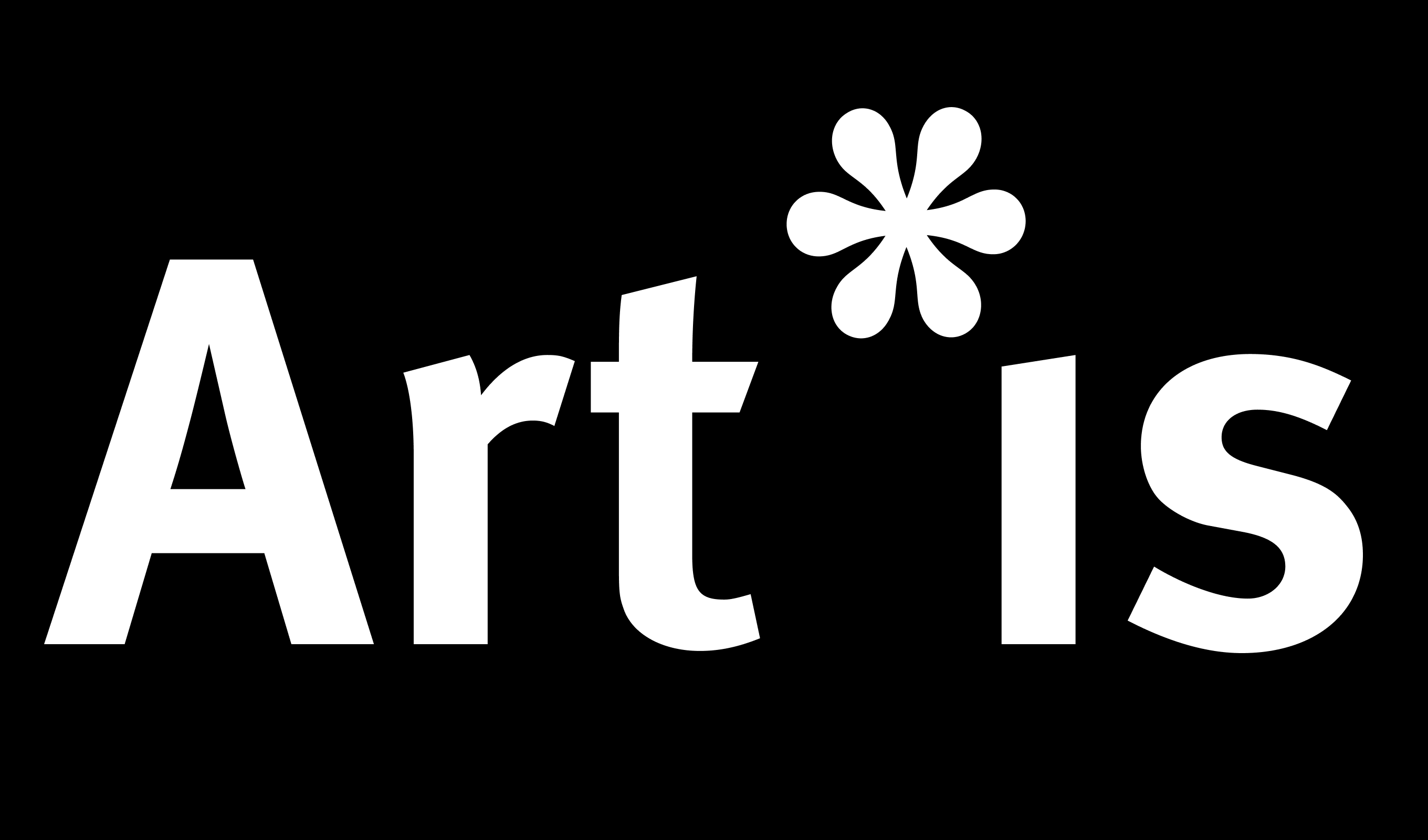Matthew Pelowski participated in the Eu4Art Online Lecture Series: Art and Cognition at the Hochschule für Bildende Künste (Dresden Art University) on the 19th of November, 2020. His Lecture was titled ‘’What can art do? Empirical investigations into our shared art experiences’’. For more information please visit: https://eu4art.eu/2020/11/12/what-can-art-do-empirical-investigations-into-the-depth-scope-and-implications-of-our-shared-art-experiences/.
Abstract
Despite the millennia-old appreciation and anecdotal documentation of the power and nuanced nature of art experiences, actual empirical scientific investigations of how we experience art and how our diverse reactions might connect, diverge, or unite across styles and peoples are only now emerging. Especially there are very few attempts to explore experiences in ecologically valid settings and to connect what happens in art experience to actual implications for the individual, their mind and bodies, as well as for society. Thus, we also find questions, from a number of levels, regarding why we devote such resources to art presentation and practice, and whether there might be better avenues for public resources or interest. In this talk, Matthew Pelowski reports on a program he and his colleagues have been developing for several years, and for which they were recently awarded EU Horizon2020 funding, to theorise and then investigate how individuals engage with art across a range of art varieties and ecologically valid settings. Pelowski reports on preliminary findings employing advanced Network modelling and a range of empirical measures for tracking emotions, physiological responses, and even the body, and connecting these to real-world impacts on the viewer.

